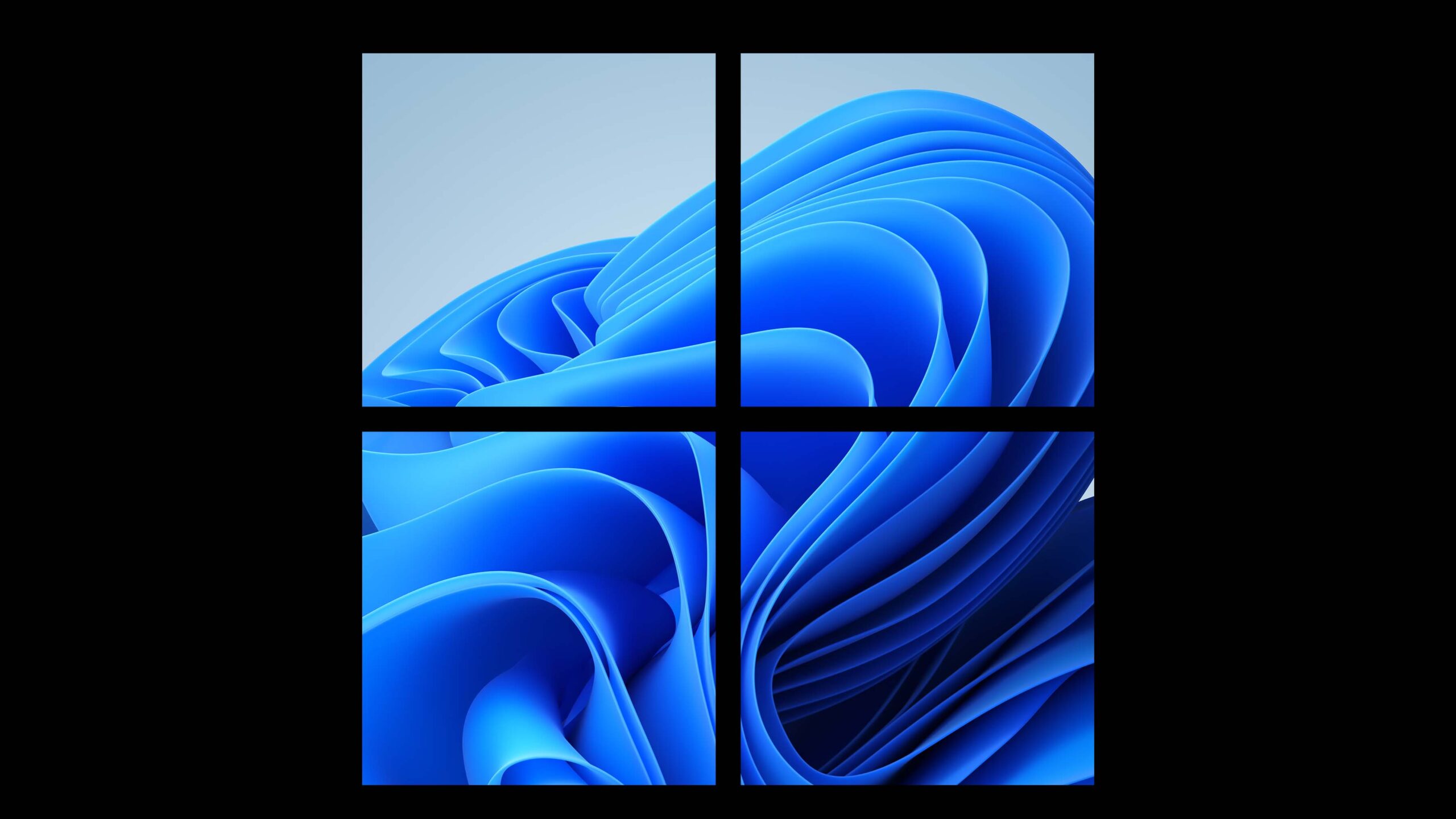Transcripts of analyst-facing conferences, held by multi-billion dollar organisations, are usually terminally dull affairs. But a recent Intel chat contains a wee snippet we can add to the rumour fire about when the next version of Windows is due. And in this particular case, Intel is hinting that it’s definitely next year.
Intel sat down with Citi last month to chat about how things had been going and what the near future looked like, in terms of finances, foundries, and so on. But stuck in amongst it all was a brief, almost passing, comment about how Intel thinks sales will improve during 2024:
“We actually think ’24 is going to be a pretty good year for client, in particular, because of the Windows refresh. And we still think that the installed base is pretty old and does require a refresh and we think next year may be the start of that, given the Windows catalyst. So we’re optimistic about how things will play out beginning in ’24.”
I know what you’re thinking: Windows 12 isn’t explicitly stated, but at no point is any normal update to Microsoft’s operating system ever referred to as a refresh. Or something that will be enough of a catalyst for Intel’s sales folk to perk up.
It’s possible Microsoft is planning a significant change to the interface, or something like that, but there have been enough rumours floating around for that not to be the case. For example, development for major releases is on a three-year cycle and that alone points to the next Windows dropping out of the sky in the second half of 2024.
Don’t forget that Intel’s next CPU architecture for mainstream computing, Meteor Lake, is a radical change for how everything all works inside and just as Alder and Raptor Lake work best with Windows 11, the same may well be true of the new design and Windows 12.
Microsoft hasn’t really offered up much information about what it’s planning with the next version of Windows. We can expect things like the UI, Start Menu, widgets, etc to be updated (though not necessarily for the better) but what about the fundamental, underlying structure?
(Image credit: Microsoft)
Windows 11 review: What we think of the latest OS.
How to install Windows 11: Our guide to a secure install.
Windows 11 TPM requirement: Strict OS security.
There have been lots of hints about Microsoft seriously overhauling the OS for quite some time and some of the expected changes do seem to tie in with what Intel is doing with its client CPUs, such as a far greater integration of AI systems and the removal of legacy features and support, that just get in the way of general performance.
The low uptake of Windows 11 by the general consumer has been poor and Microsoft will be looking at 2024 as the year to get as many users off Windows 10 as possible. And if Intel is going to play ball alongside, so that its new chips are significantly faster with a new OS, then next year could well see the big migration that was hoped for (but never happened) with Windows 11.
If there’s another big jump in hardware requirements, though, PC gamers are likely to stick with the older operating system until it’s on its absolute last legs.











